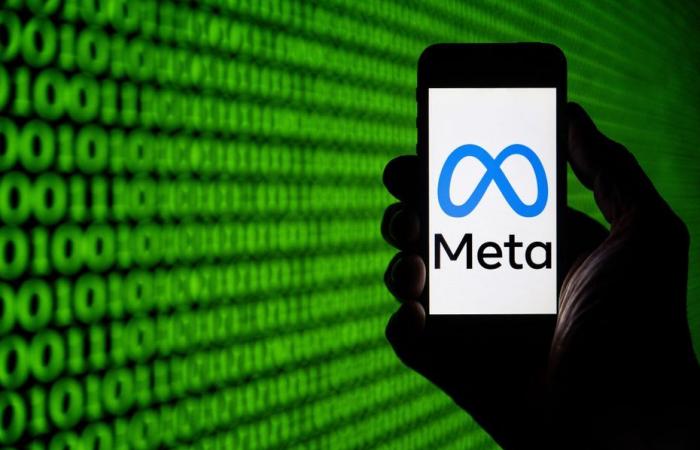Our data survives long after our last click. How to manage our digital trace? Testament, inheritance and artificial intelligence… What happens to our online identity after death?
Company
From daily life to major issues, discover the subjects that make up local society, such as justice, education, health and family.
France Télévisions uses your email address to send you the “Society” newsletter. You can unsubscribe at any time via the link at the bottom of this newsletter. Our privacy policy
In reality, the undead do not exist. But on the internet, they could soon exceed the number of living people. A study conducted by the University of Oxford in 2019 predicts that the number of deceased Facebook users will exceed those still alive within 50 years.
Nearly 70% of French people are registered on social networks for an average use of 52 minutes per day. They all leave a digital trace. Everyone is concerned by the questions that follow. What happens to our data after we die? How to manage the digital identity of a deceased person?
What is on our personal account is subject to confidentiality of correspondence and therefore falls within a strictly personal domain. The law of January 6, 1978, known as Informatique et Libertés, therefore does not provide for automatic transmission of rights of access, modifications and deletion to heirs.
Social networks say they encounter difficulties in differentiating between a deceased account and a simple inactive account. The deletion of a dead person's account therefore never occurs systematically. In the absence of action on the part of the heirs or the deceased, the data therefore remains online in its entirety.
The best solution is to include instructions in your will. Article 85 of the Data Protection Act gives legatees the possibility of:
- close the accounts of the deceased
- object to further processing of the deceased's information
- update the data
Applications like Digiposte (proposed by La Poste) support the increasing dematerialization of administrative procedures. More than 17% of the French population over 15 years old uses this device which allows documents such as pay slips or invoices to be secured. It is possible to indicate to whom you wish to transmit the keys to this digital safe via the “trust contract” section. But few users among the 11 million users are using this option for the moment.
Still according to article 85 of the so-called Data Protection Act, heirs can:
- recover the data, only if it is necessary for the settlement of the estate or if it constitutes family memories.
- delete the account or modify the data subject to providing proof of identity.
Each social network has its own death reporting procedure. You can find them here.
“Social networks have no interest in deleting your accounts“, explained Caroline Long, operating director of the Marseille company iProtego, to France 3 Provence-Alpes-Côte d'Azur in 2019. Some platforms offer to transform the pages of the deceased into a “Memorial”. Loved ones can leave messages there. messages of tribute or support Upon presentation of a death certificate, Facebook and LinkedIn offer this service.
Social networks have no interest in deleting your accounts.
Caroline Long, operations director of the Marseille company iProtego
These commemoration pages are one of the facets of the desire for constant conservation and collection of data through social networks. A policy that can be contested. If an heir feels wronged by the processing of a deceased person's data, he or she can refer the matter to the competent courts. Same thing when the use of this data harms the memory, honor or reputation of the deceased person.
Bringing the dead back to life. Transfer your consciousness. Several programs using artificial intelligence sell these so-called solutions to their users.
- Replica. Founded in 2018, this chatbot feeds on digital traces created by the deceased. Email, SMS and online publications etc. Everything is analyzed by the system in order to recreate the character traits, expressions or even humor of the deceased person in a message.
- Eternos. This voice chatbot allows its user to train their “digital twin” themselves by chatting regularly with them. Once deceased, it can be accessible to loved ones.
- HereAfter. This application works on the same principle as Eternos with the difference that here, it recreates an interactive avatar of the user.
All paying (nearly 1,000 dollars for unlimited use of Eternos), these offers raise ethical questions. The question of the processing of personal data collected for commercial purposes raises questions. Especially when it comes to such intimate information. What about respecting the grieving process? Especially when these practices can lead to addiction.






